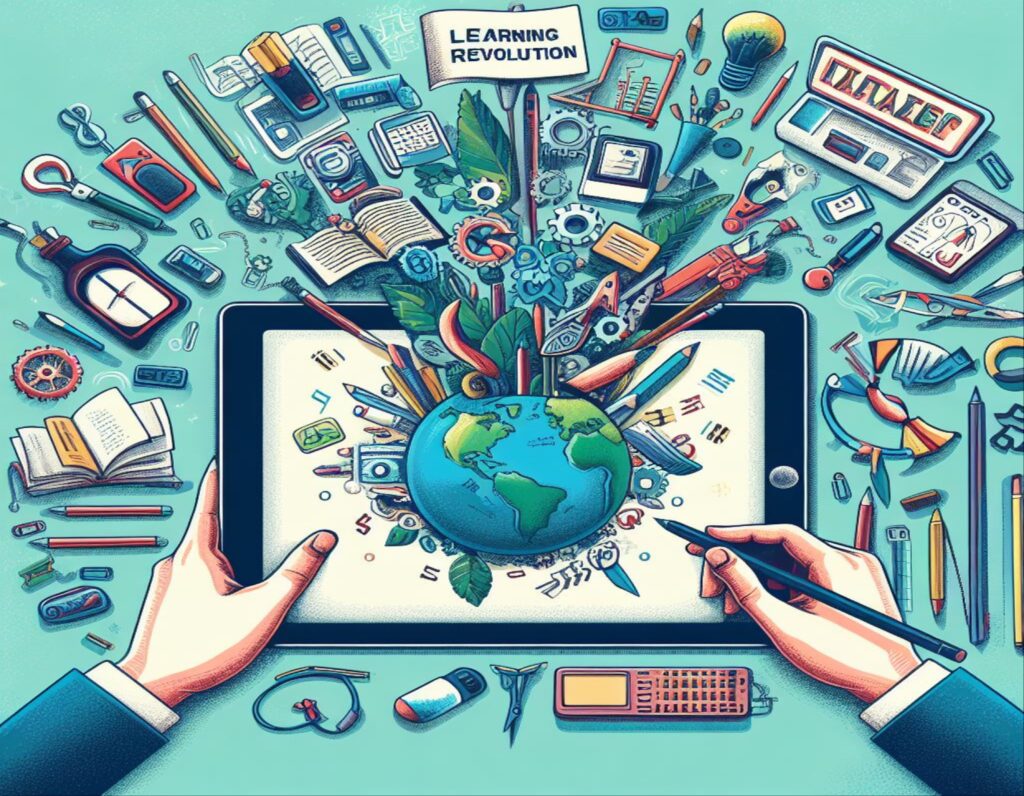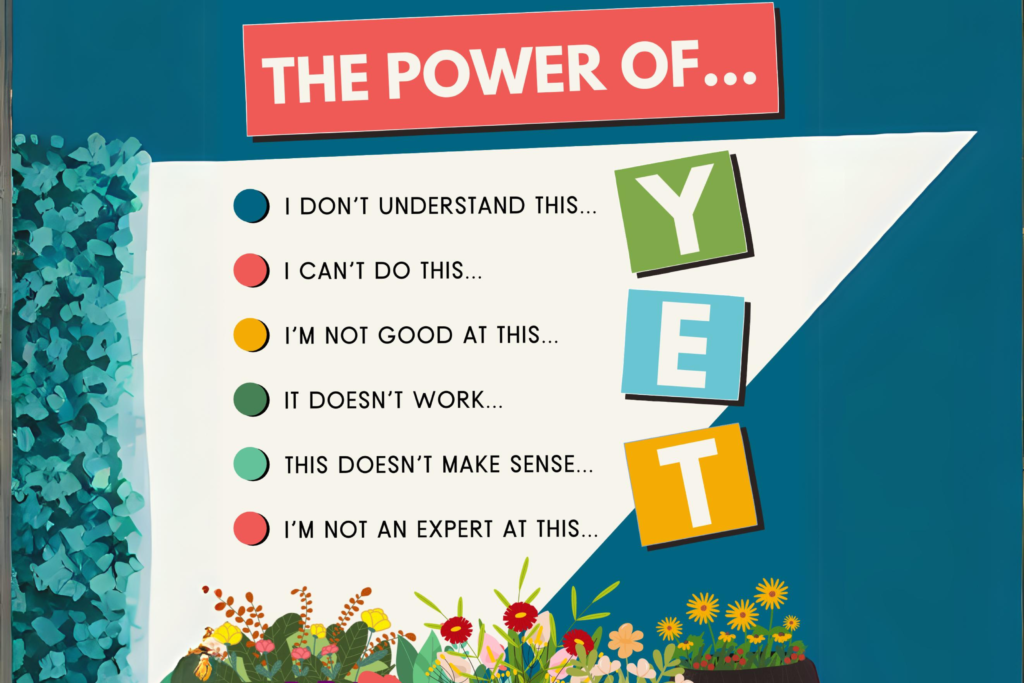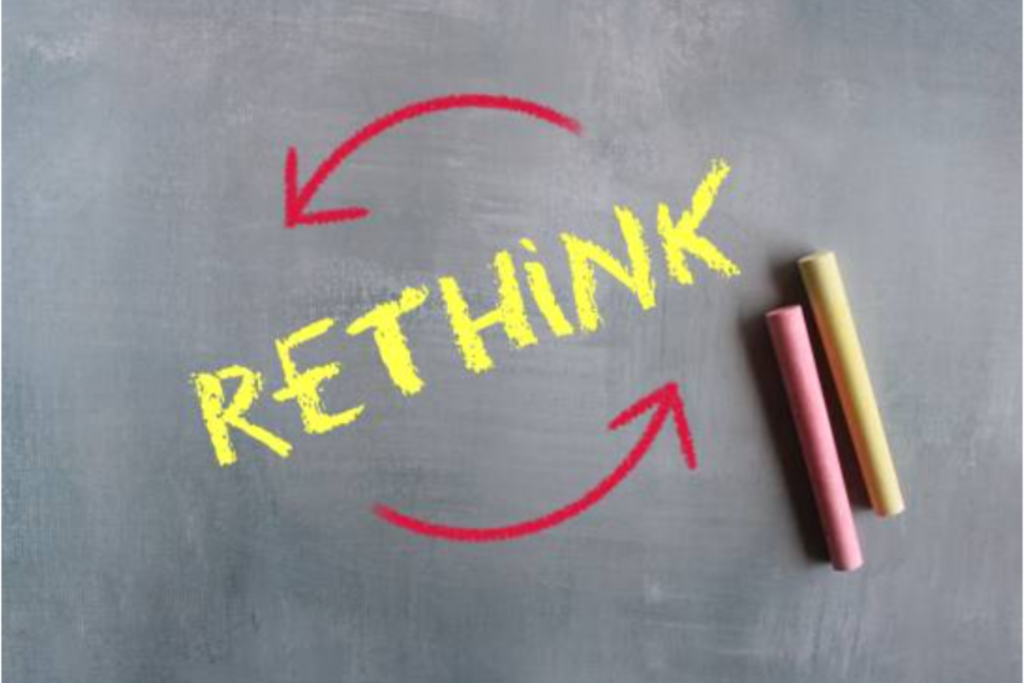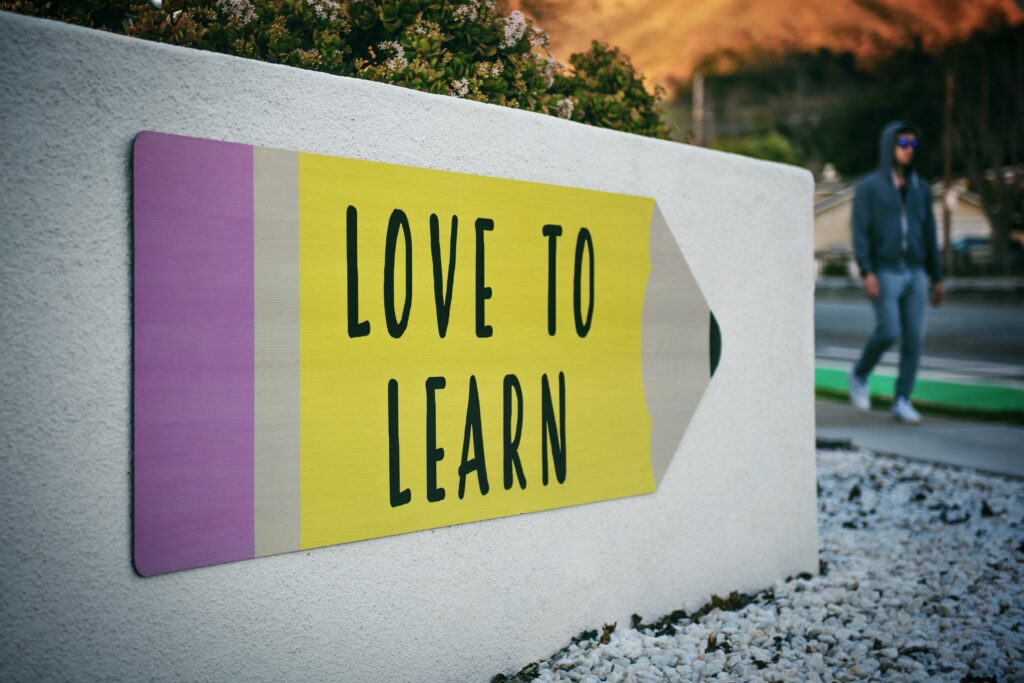Reflecting on my journey with the “Growth Mindset Odyssey” I’ve made significant strides in cultivating a growth mindset both in my teaching career and in my ADL Master Program studies. Here’s how I’ve progressed across Dr. Dweck’s four steps:
Step 1: Learning to Hear the Fixed Mindset Voice
I’ve become more aware of this “inner saboteur” in both my professional and academic roles. In the classroom, I’ve observed and addressed my students’ self-doubt when facing new challenges, like math tests. By verbalizing and normalizing these fears, I’ve helped them recognize this voice, fostering resilience. Similarly, in my Master’s program, I’ve confronted my own doubts. Choosing this program was fraught with uncertainty, but acknowledging and challenging my fixed mindset voice has been empowering.
Step 2: Recognizing the Choice
As a teacher, I’ve guided my students to see challenges as growth opportunities, encouraging a shift from “I can’t” to “I can learn.” This mindset shift has been pivotal in helping them persevere through difficulties. In my own studies, I’ve applied this philosophy too. Facing academic hurdles, I remind myself that these are chances to expand my abilities, not evidence of inherent limitations.
Step 3: Talking Back with a Growth Mindset Voice
In my teaching role, when confronted with behavioral challenges or criticism, I’ve shifted from self-doubt to viewing these as learning opportunities. Inspired by figures like Michael Jordan, I emphasize perseverance and learning from mistakes. Similarly, in my Master’s program, I’ve embraced feedback constructively, using it as a springboard for improvement rather than a source of self-criticism.
Step 4: Taking Growth Mindset Action
In practice, I’ve adopted several strategies:
- Positive Self-Talk: Counteracting negative thoughts with reminders that effort leads to learning.
- Encouraging Effort: Shifting focus from innate ability to the value of persistent effort.
- Embracing Mistakes: Viewing errors as learning tools rather than signs of failure.
- Setting Goals: Focusing on incremental progress rather than overwhelming objectives.
- Seeking Help: Embracing assistance as an opportunity for growth.
- Celebrating Progress: Recognizing every small step forward.
- Persisting: Maintaining effort in the face of challenges.
The concept of “yet,” as highlighted by Dr. Dweck, has been particularly transformative. It’s reshaped my approach to teaching and personal development, turning setbacks into “not yet” moments of potential. This shift has begun to permeate my classroom, with students increasingly adopting a “yet” mindset, and in my own studies, where I view each challenge as a stepping stone rather than a stumbling block.
In summary, this growth mindset journey has been transformative. It’s not just about personal development; it’s about creating an environment where both my students and I can continuously learn, adapt, and grow. The journey is ongoing, and each step brings new insights and opportunities for development






